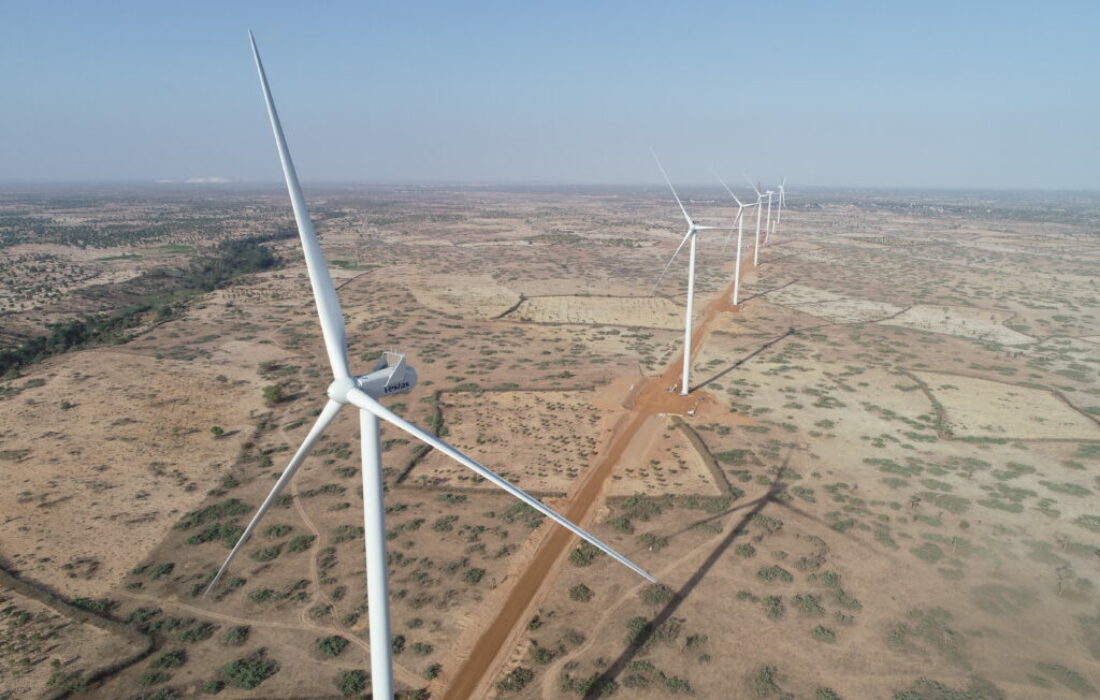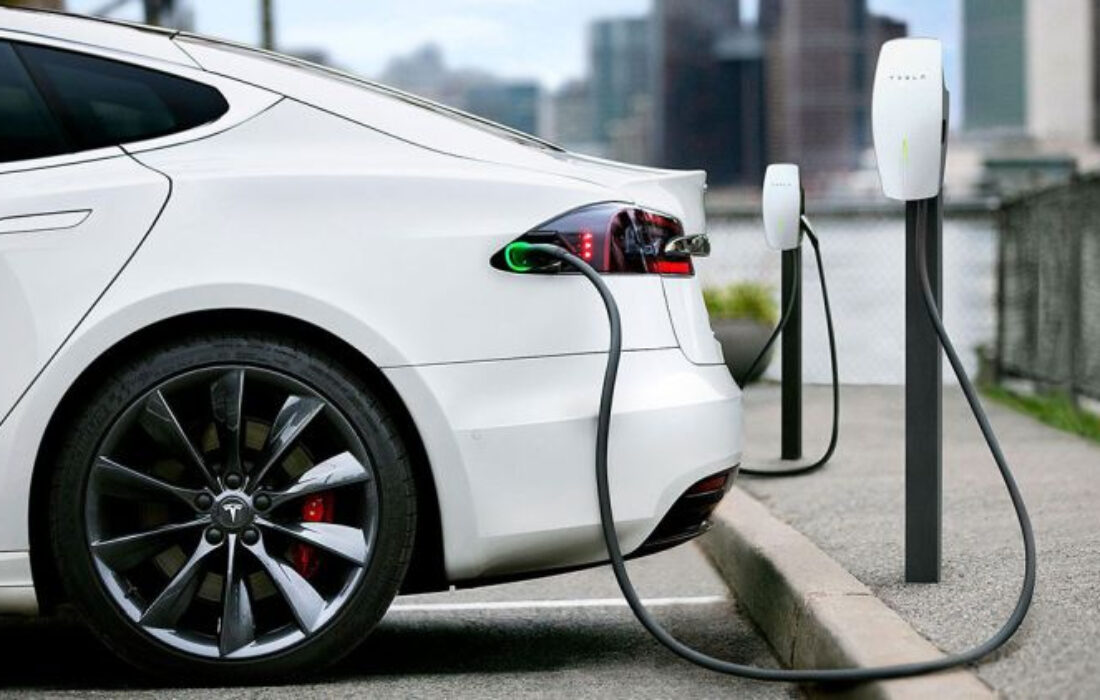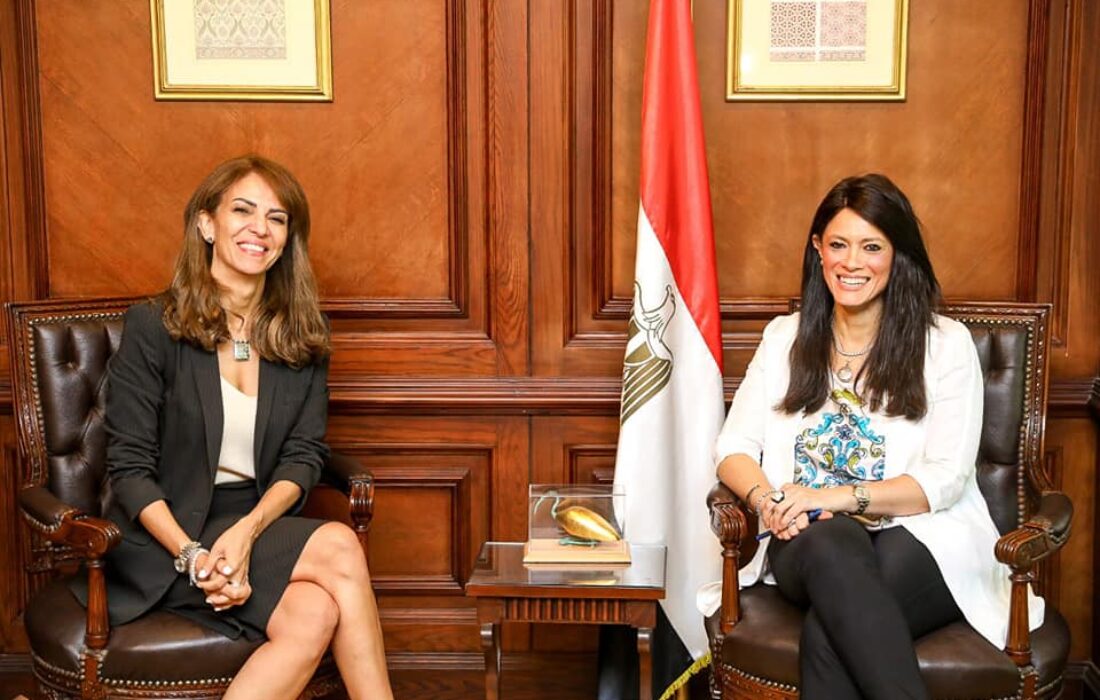The Central African Republic (CAR) has sent an email to the project’s pre-registered users announcing the launch of the Sango national crypto project on July 25th, a sidechain platform of the Bitcoin network (Layer 2) accompanied by the new Sango Coin.
Serving as a central hub for crowdfunding, distribution, and community support efforts, the Sango Coin will enable direct access to the country’s resources for the whole world, which include Gold, diamond, and minerals, as well as government services such as residency, citizenship, and land ownership.
As the CAR relies on donors for over half of its budget, the nation’s treasury will hold 20% of the Sango Coin, and foreign investors will be able to buy citizenship for $60,000 worth of cryptocurrency, with the equivalent Sango Coins held as collateral for five years, or purchase an “e-residency” for $6,000 in cryptocurrency, held for three years.
Foreign and local investors can also buy a 250-meter square plot of land listed for $10,000, with the Sango Coins locked away for a decade.
The sale of Sango Coins will begin next week. Worth $21 million in total, 210 million Sango Coins are on offer, priced at $0.10 each, with the price rising for each of the 12 total coin sales. According to the Sango website, unused Sango Coins cannot be refunded or converted back into other cryptocurrencies.
In a press statement, the President of the Central African Republic Faustin-Archange Touadera described the Sango Coin as the “currency of the next generation”.
As the second country to adopt Bitcoin as a legal tender after El Salvador back in April, 57% of the CAR’s citizens still do not have a bank account. As one of the world’s poorest countries, only 557,000 of the country’s 4.8 million people have access to internet services and electricity coverage.
President Touadera believes that adopting cryptocurrency would revitalize the economy and is a generally safer approach for local residents to use and store their funds. The International Monetary Fund and the World Bank, however, expressed concerns about the potential impact of Bitcoin adoption on financial inclusion.
CAR’s crypto ambitions also face major transparency challenges, as the project’s website does not announce the type of technology used, the firms supporting the rollout, or whether the price of the token would be fixed or free-floating.
If you see something out of place or would like to contribute to this story, check out our Ethics and Policy section.














